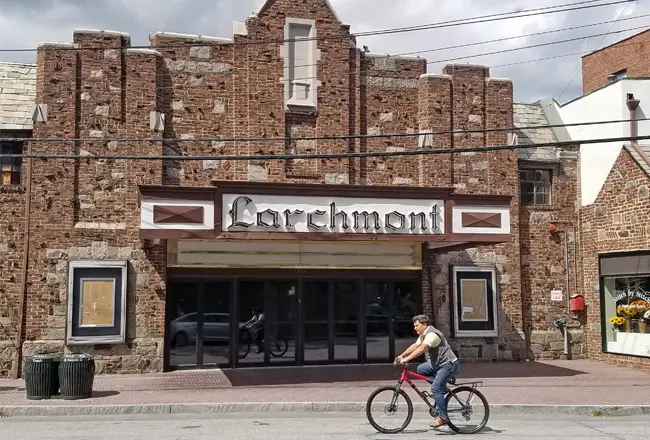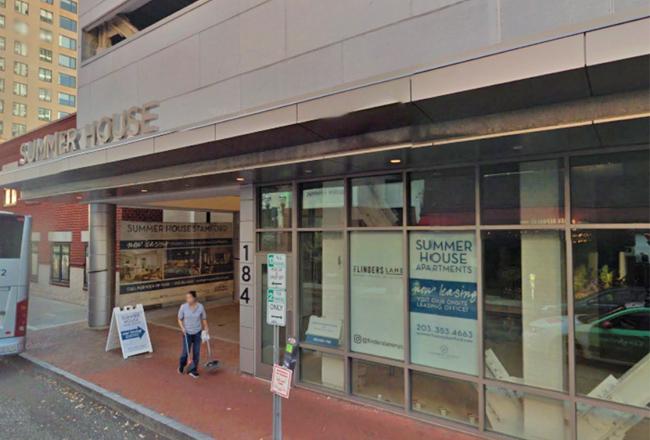The village of Mamaroneck has agreed to fix leaky sewers by the end of 2019 to settle a lawsuit over violations of the federal Clean Water Act.
 The agreement was announced by Save the Sound, one of the organizations that sued Westchester County and 11 municipalities in 2015 for discharging raw sewage into the Long Island Sound.
The agreement was announced by Save the Sound, one of the organizations that sued Westchester County and 11 municipalities in 2015 for discharging raw sewage into the Long Island Sound.
A consent order with the final terms has not yet been presented to a judge for approval.
The village of Port Chester made a similar agreement last month.
The Long Island Sound is a feeding, breeding, nesting and nursery habitat for 1,200 species of invertebrates, 170 species of fish and dozens of species of migratory birds. It contributes $8.5 billion annually to the region”™s economy, according to the lawsuit, from boating, commercial and sport fishing, swimming and sightseeing.
But the waters have become increasingly degraded. Shellfish harvests have declined, fish stocks have depleted and beaches are closed periodically.
The problem is that pollutants have caused the oxygen levels in the water, on which marine life depends, to decrease.
The culprit, according to the lawsuit, is cracked sanitary sewer pipes, including in many cases pipes that were installed more than a hundred years ago.
During heavy rains, cracked and broken pipes overfill and overflow, dumping their contents into the sound and its tributaries before the raw sewage can be treated at a wastewater plant.
The Westchester shoreline is especially dirty, the lawsuit states, and is “chronically considered unsafe for swimming and fishing due to excess pollution.”
The cost of repairing Mamaroneck”™s sewer pipes was not disclosed.
The lawsuit is still pending against the county, Harrison town and village, Larchmont, town of Mamaroneck, New Rochelle, Pelham Manor, Rye, Rye Brook, Scarsdale and White Plains.
Save the Sound was founded in 1972 and is part of the Connecticut Fund for the Environment, a nonprofit organization based in New Haven and Mamaroneck.
The lawsuit also was filed by Soundkeeper Inc., a Norwalk nonprofit organization that represents commercial fishing interests, and by Atlantic Clam Farms of Connecticut, an Easton shellfishing company that can no longer operate off the Westchester shore because of pollution.





















